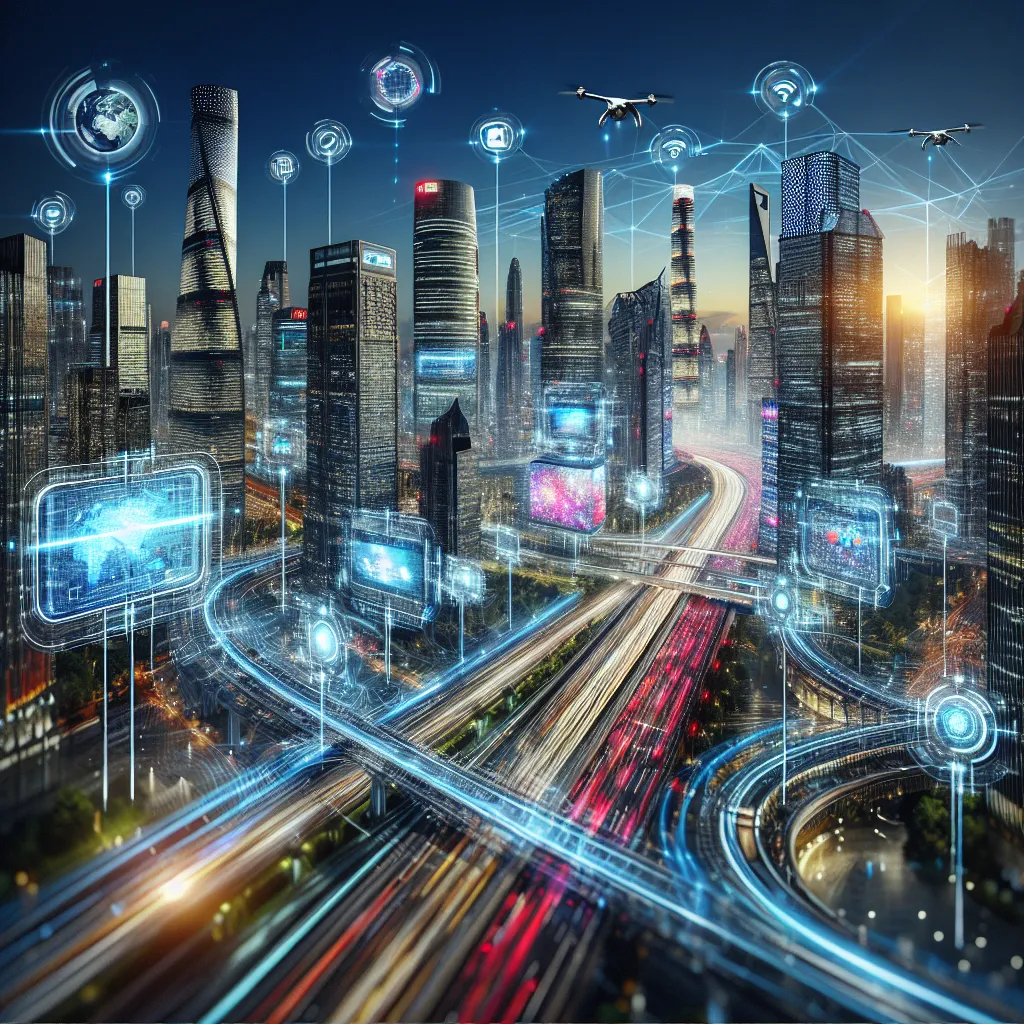5G Technology: The Future of Connectivity
5G technology is the next big leap in the connectivity landscape, promising faster speeds, lower latency, and the ability to connect more devices simultaneously. With the roll-out of 5G networks across the globe, the future of connectivity is set to undergo a dramatic transformation. The increased speed and capacity of 5G networks will not only enhance the smartphone experience, but also pave the way for revolutionary advancements in various industries.
One of the key advantages of 5G technology is its potential to power the Internet of Things (IoT) ecosystem. With its ultra-low latency and high reliability, 5G will enable seamless communication between IoT devices, revolutionizing sectors such as healthcare, manufacturing, transportation, and smart cities. The ability to transmit large amounts of data in real time will open up new possibilities for remote surgery, autonomous vehicles, and predictive maintenance, among other applications.
Furthermore, 5G technology is expected to fuel the proliferation of immersive technologies such as virtual reality (VR) and augmented reality (AR). The enhanced network capabilities will enable more seamless streaming of high-definition content and immersive experiences, unlocking new opportunities in entertainment, education, and training.
As the deployment of 5G networks continues to expand, we can anticipate a wave of innovation and new use cases that will redefine how we interact with technology. From smart homes to connected vehicles, the era of 5G connectivity holds the promise of transforming the way we live, work, and engage with the digital world.
Artificial Intelligence Advancements: Impact on Industries
Artificial intelligence (AI) advancements have been making waves across various industries, revolutionizing the way businesses operate and making processes more efficient. From healthcare to finance, AI is playing a crucial role in streamlining operations and improving outcomes.
In the healthcare sector, AI is being utilized for medical imaging analysis, drug discovery, and personalized treatment plans. This not only speeds up the diagnostic process but also enhances the accuracy of treatment, resulting in better patient care. Additionally, AI-powered chatbots and virtual health assistants are transforming patient engagement and support.
Furthermore, in the financial industry, AI algorithms are revolutionizing fraud detection, risk assessment, and customer service. By analyzing patterns and anomalies in real time, AI can identify potential fraudulent activities and protect sensitive financial data. Moreover, AI-driven robo-advisors are providing personalized investment recommendations and financial planning assistance to individuals, effectively democratizing access to financial expertise.
AI advancements are also reshaping the manufacturing sector, with predictive maintenance and quality control systems optimizing production processes. The ability of AI to analyze vast amounts of data in real time allows manufacturers to anticipate equipment failures and defects, thereby reducing downtime and improving overall productivity.
Overall, AI is driving significant advancements across industries, paving the way for more efficient and effective operations. As technology continues to evolve, the integration of AI is poised to bring about even more transformative changes, ultimately shaping the future of various sectors.
Augmented Reality: Transforming User Experiences
Augmented Reality (AR) has been making waves in the technology industry, transforming user experiences across various applications. One of the latest updates in AR is the exploration of advanced real-time 3D mapping techniques, which allow for more accurate and immersive augmented experiences. This technology has the potential to revolutionize fields such as gaming, education, retail, and healthcare by bringing virtual elements into the real world. In addition, the integration of AR with artificial intelligence has opened up new possibilities for personalized and interactive user experiences.
Furthermore, the latest developments in AR hardware, such as lightweight and high-resolution AR glasses, are enhancing the accessibility and practicality of augmented reality in everyday life. These advancements are driving the adoption of AR beyond niche industries and into mainstream applications, paving the way for a future where AR is seamlessly integrated into our daily routines.
As businesses continue to invest in AR, we can expect to see a proliferation of AR-powered solutions that revolutionize how we interact with digital content. From virtual try-on experiences in the fashion industry to immersive AR-guided navigation, the possibilities for transforming user experiences through augmented reality are truly expansive.
In conclusion, the latest updates in augmented reality are reshaping the way we perceive and interact with the digital world, unlocking a new realm of possibilities for technology integration and user engagement.

